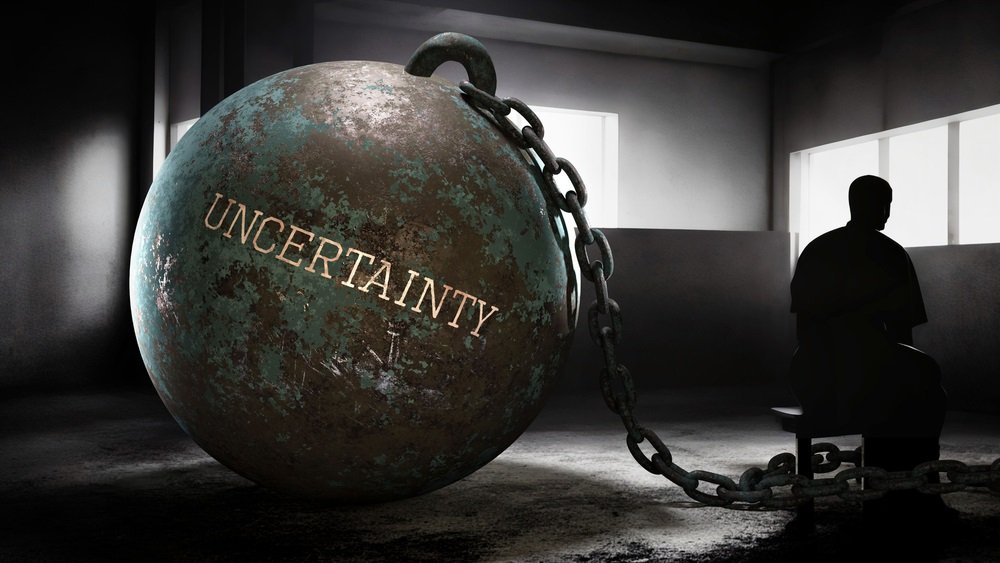Like just about every college professor, I give my students a syllabus at the beginning of the semester. However, I write my syllabus like a contract. It is split into sections with clauses. The sections detail various aspects of the class (location, topic list, etc.) but also highlight important policies (late policy, exam make-up, grading scheme, etc.). At seven pages, the syllabus is long. Furthermore, much of the policy parts are replicated in the course shell in Canvas (our online course management system).
Seven pages, plus replication, is a lot of digital ink to spill on course policies. But, from my own personal experience, I find the benefits far exceed the costs. The reason for these rules is straightforward: set expectations. On day 1, my students know what they need to do in order to pass the class. They know when everything is due. They know what everything weighs. They can (in theory) use this information to make reasoned choices about how to allocate their time (and, if they miscalculate, that’s on them).

But, perhaps more importantly, this contract between me and my students known as a “syllabus” acts to bind my hands. It sets students’ expectations of what they can expect from me. I, like most teachers, have extraordinary power over students (at least when it comes to class). My Principles classes are both General Education classes and major classes; if they don’t pass my class, they will have a hard time graduating. Furthermore, there’s relatively little competition (only two other instructors teach Principles and only one other teaches the upper level economics courses). Given this awesome power, it is my duty to my students, my employer, my profession, and to God Himself to act as fair as possible. The syllabus binds my hands from arbitrary behavior.
One thing I know about myself is that I can and will act in an arbitrary manner. I want to help students and my gut reaction is to grant exceptions for this or that rule if it’ll help the student. However, I know that if I act arbitrarily, it will actually undermine my duty. Students will see this arbitrary behavior and shift resources away from actually learning the material and toward trying to mine these loopholes. Even students who want to learn the material will naturally question why to spend effort if it will not result in the needed grade to pass. It will create extra work for me. At the end of the semester, I would have to submit grades to the Registrar and the University which are based on these arbitrary whims. The University and the public rely on my expertise to say “Yes, Students John and Jane Doe satisfied me that they know the material sufficiently well to pass.” Arbitrary behavior undermines that credibility.
So, the reason for rules is to prevent arbitrary behavior. Even when there may be cases where the rules hinder some desired outcome, where the temptation to break rules is highest, rules should be followed. Once the rules are broken, once arbitrary behavior becomes the norm, it makes planning extraordinarily difficult and ends up undermining the goals of the actions.
To move out of the classroom and into economics, we are seeing exactly this now with Donald Trump’s arbitrary tariff “policy” (“policy” is in quotes here because, since there is no consistency, it’s hard to call it policy by any reasonable sense of the word). Trump’s decrees on tariffs change day to day, sometimes even hour to hour. It’s quite impossible to predict what’s going to happen as there is no rhyme nor reason to these changes. Consequently, Americans and foreigners have no idea how to invest. As I write this, the stock market is down about 6.5% from the beginning of Trump’s 2nd term, with all of the decline during this “will he-won’t he” tariff nonsense.
Forecasters have been downward revising their forecasts, with the consensus going from solid growth toward no growth (if not a recession). While there isn’t much hard data yet, early indicators are of foreign investors pulling out of the US. Firms have been pouring more and more resources into seeking exemptions (which, in the long run, will weaken their competitiveness in the global economy). Far from “making America great again,” Trump seems determined to single handedly cause a recession. (As an aside, I for one am shocked, shocked!, that the market isn’t responding favorably to economic pseudoscience from the 1600s).
Rules exist for a reason: they make things predictable. They allow for planning. When, like in the great TV show Whose Line Is It Anyway, the rules are made up and the points don’t matter, people do not know how to act, and resources become wasted.
Of course, none of this is to say that rules must be rigid and inflexible. That which does not bend will break. Rules can and should be altered as times change. But there must also be a process for which to change those rules (rules about rules, if you will). Understanding why rules are in place and what purpose they serve is vital to any reasonable reforms.
